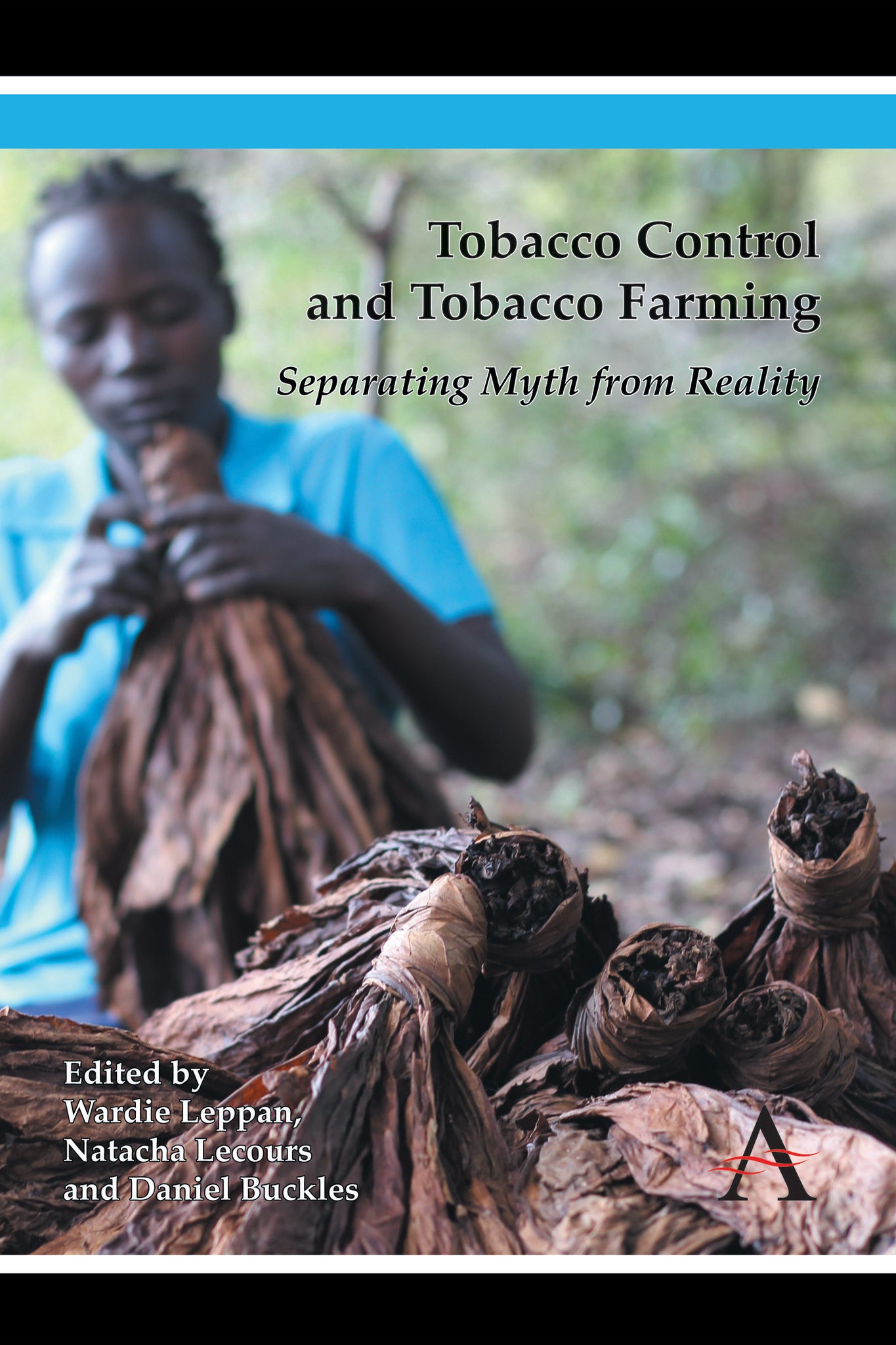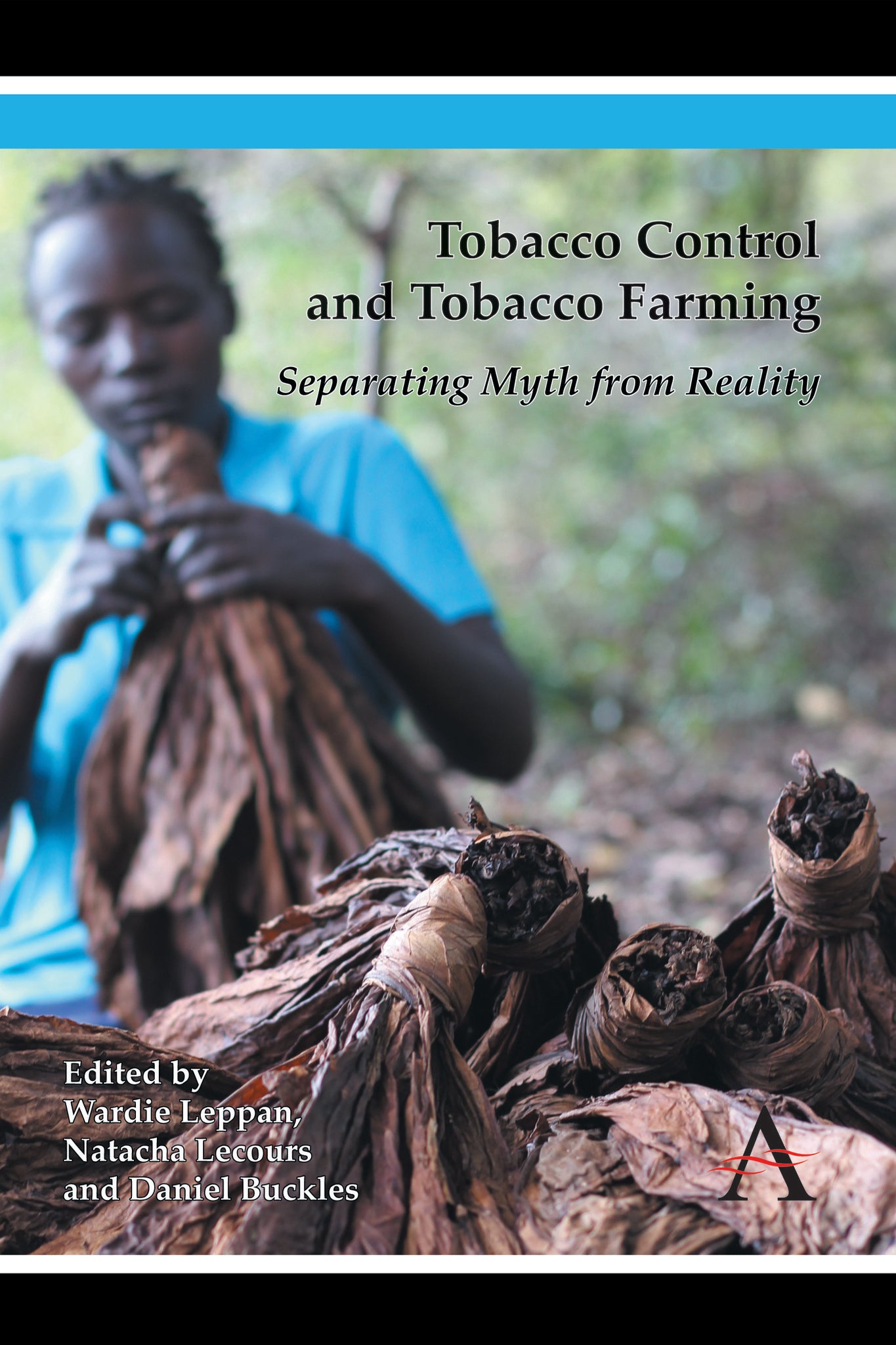We're sorry. An error has occurred
Please cancel or retry.
Tobacco Control and Tobacco Farming

Some error occured while loading the Quick View. Please close the Quick View and try reloading the page.
Couldn't load pickup availability
- Format:
-
15 September 2014

The bulk of the world’s tobacco is produced in low- and middle-income countries. In order to dissuade these countries from implementing policies aimed at curbing tobacco consumption (such as increased taxes, health warnings, advertising bans and smoke-free environments), the tobacco industry claims that tobacco farmers will be negatively affected and that no viable, sustainable alternatives exist. This book, based on original research from three continents, exposes the myths behind these claims.

BUSINESS & ECONOMICS / Economic Conditions, Manufacturing industries, MEDICAL / Health Policy, TECHNOLOGY & ENGINEERING / Agriculture / Sustainable Agriculture

Foreword by Ahmed Ogwell; Preface: Wardie Leppan and Natacha Lecours; Introduction: Separating Myth from Reality by Wardie Leppan, Natacha Lecours and Daniel Buckles; Section 1: The Determinants of Tobacco Leaf Demand; Chapter 1: Determinants and Likely Evolution of Global Tobacco Leaf Demandby Jad Chaaban; Chapter 2: Tobacco Leaf Farming in Lebanon: Why Marginalized Farmers Need a Better Option by Kanj Hamade; Chapter 3: ‘Gentlemen, Why Not Suppress the Prices?’: Global Leaf Companies Suppress Rural Livelihoods in Malawi by Marty Otañez and Laura Graen; Section 2: Farming Conditions in Low- and Middle-Income Countries; Chapter 4: The Harsh Realities of Tobacco Farming in Low- and Middle-Income Countries: A review of the Socioeconomic, Health and Environmental Impacts by Natacha Lecours; Section 3: Economically Sustainable Alternatives to Tobacco; Chapter 5: Breaking the Dependency on Tobacco Production: Transition Strategies for Bangladesh by Farida Akhter, Daniel Buckles and Rafiqul Haque Tito; Chapter 6: Substituting Bamboo for Tobacco in South Nyanza Region, Kenya by Jacob K. Kibwage, Godfrey W. Netondo and Peter O. Magati; Chapter 7: Diversification Strategies for Tobacco Farmers: Lessons from Brazil by Guilherme Eidt Gonçalves de Almeida; Section 4: Conclusions: Reframing the Debate on Tobacco Control and Tobacco Farming by Daniel Buckles, Natacha Lecours and Wardie Leppan



